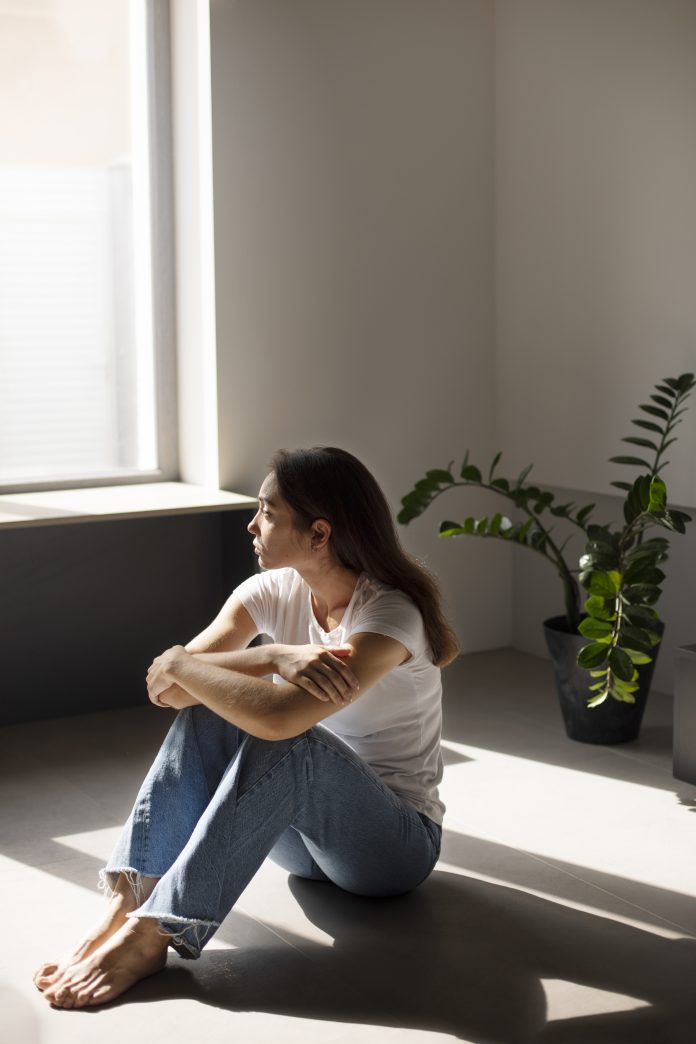One life lost to overdose is too many. The impacts are far reaching.
AHS is here to help. Support and treatment are available to individuals struggling with substance use, including help for family and friends left behind.
Resources and Treatment
- AHS Addiction and Mental Health Community Clinics: Services are available to serve children, families, and individuals. If you need to speak to someone, call the Mental Health Helpline at 1-877-303-2642 or the Addiction Helpline at 1-866-332-2322. Trained staff are available to offer support at those numbers 24/7.
- Opioid Agonist Treatment Clinics in Alberta: Provides treatment to people dependent on opioids and helps them access services they need to live healthy lives. Individuals can self-refer, or referrals can come from any healthcare professional or a community agency. Services are voluntary and confidential. For more information on how to access care, individuals can walk in or call any AHS opioid dependency program clinic.
- Virtual Opioid Dependency Program: Available anywhere in Alberta, VODP provides same-day access to addiction medicine specialists. There is no wait list. To access, call 1-844-383-7688, seven days a week, from 8:00 am to 8:00 pm daily.
- The Digital Overdose Response System (DORS): A free, discreet mobile app that can help prevent overdose deaths among people using opioids and other substances while alone.
- Naloxone Kits: Naloxone is a drug that temporarily reverses effects of an opioid poisoning.
Helplines
- 211 Alberta – Information on community and social services.
- Addiction Helpline – 1-866-332-2322 for recovery-oriented care support.
- Health Link 811 – 24/7 health advice and information.
Friends and Family
- People in need of support are encouraged to reach out to someone they trust. Talk to a family member, friend, or someone you can be honest with to talk through your concerns.
- If you notice people in your life who may be struggling, reach out to them. Offering support can include mentioning what you have noticed, listening to their concerns, and connecting them with some of the resources noted above. Starting a conversation does not require you to be a counsellor or an expert, just a caring person offering support and hope.










